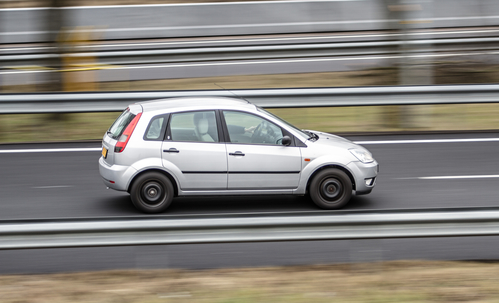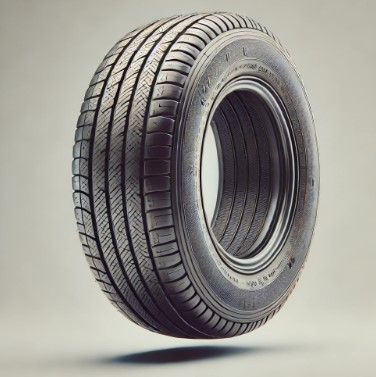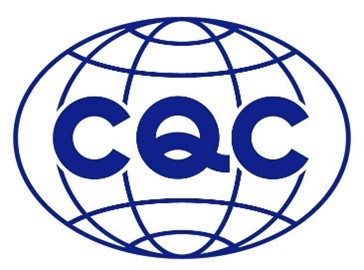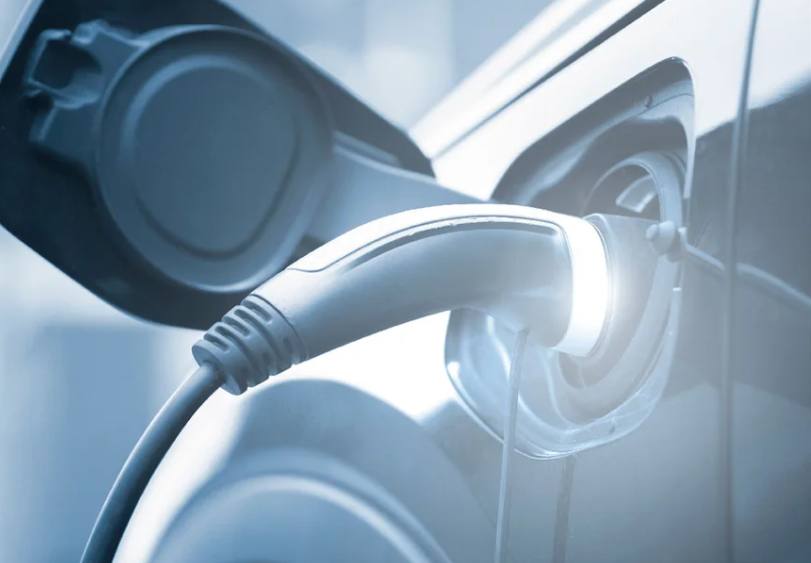Ford will end independent business in India
30. April 2019Ford’s announcement that it will withdraw from the Indian market is a step that has recently been taken by a number of other Western carmakers. By the end of 2017, General Motors had drastically reduced its operations in India and stopped selling its vehicles in the local market, which had given a severe setback to the strategy of India’s Prime Minister Nardenda Modi to promote the domestic automotive industry. Ford has invested more than $2 billion in India for two decades and currently has a market share of only 2 percent – in a market that is considered one of the fastest growing automotive markets alongside China.
The exact ownership structure for the new joint venture is currently being negotiated. According to two sources, Ford will establish a new division in India, which will hold 49 percent of the shares, while Mahindra owns 51 percent. The current business, ownership and employees will be transferred to the new division, but the transaction is close to at least a partial exit of Ford from the Indian market.

Ford currently manufactures and sells its vehicles through a wholly-owned subsidiary, but has had a strategic partnership with Mahindra since 2017 to develop new vehicles, including SUVs and electric model variants. In the past, Ford has restructured its global operations to save $11 billion over the long term. Last month, the Russian Ford joint venture closed two assembly plants and one engine plant and also withdrew from the passenger car market.
India was a steady growth market for the automotive industry, but an increase of only three percent to 3.3 million units compared to 8 percent in the previous year has dampened expectations. IHS Markit analysts predict annual sales of over 5 million vehicles by 2023, making India the world’s third largest automotive market. Ford’s decision is just one example of many foreign car companies struggling to gain a foothold in the Indian market. The market leader Maruti Suzuki dominates with 51 percent market share and sells more than 1.7 million vehicles annually. By working with Mahindra, Ford hopes to develop new models faster and cheaper, which is especially important in a price-sensitive market like India. You too can benefit from the growth in India. The export of products there, especially cars and car parts, in many cases requires an obligatory India certification according to the Automotive Industry Standard (AIS). We would be happy to advise you comprehensively on AIS certification for India.











